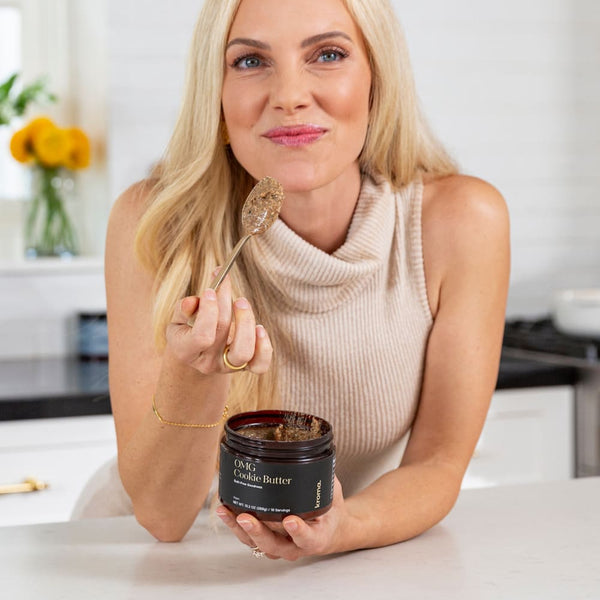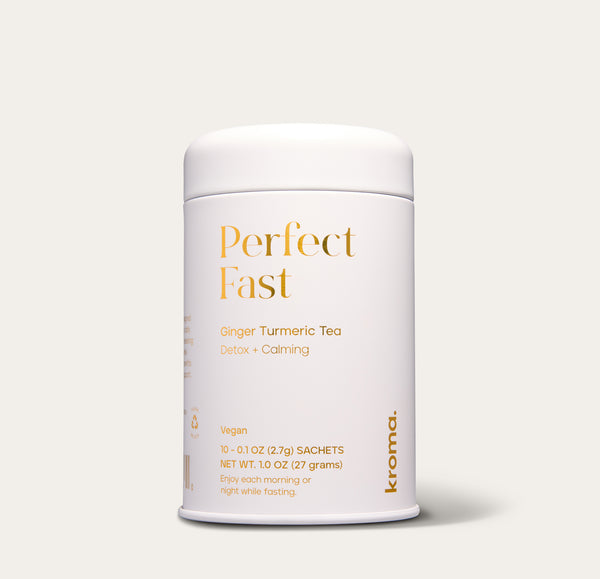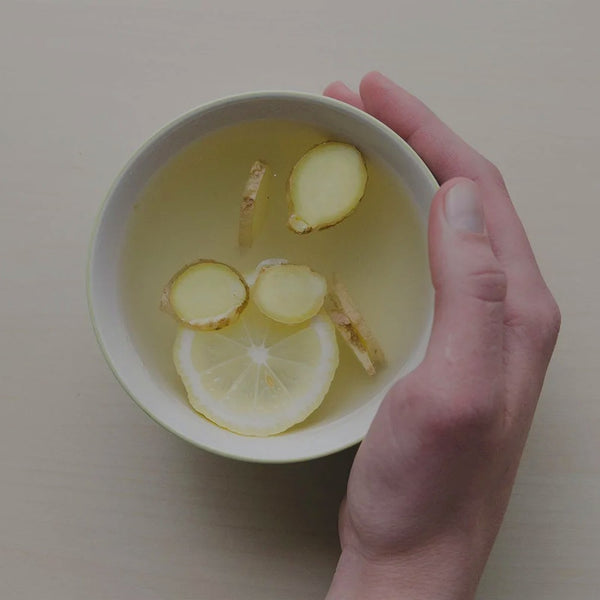You know the premise of a diet: transform the way you are eating to see results that typically correlate to weight loss.
Dating back in American culture to the 1800s, diet culture emerged in the mid-20th century as technology shifted, food science rocketed forward, and people became increasingly more concerned with their health.
And yet, the impact of diet culture may arguably be more harmful than healthful. At the heart of many diets within the broad umbrella of diet culture are anti-fat narratives and shame-oriented or guilt-driven diet plans. Here, we look at the harmful impact of diet culture, broadly, some of the toxic aspects of diet culture and who these harmful narratives impact most.
What Is Diet Culture?
Diet culture, broadly, is the socio-cultural pool within which all things “diet-related” are subsumed. Centered within diet culture is the belief that thinness, body size or body type, and outward appearances are essential markers of health.
From the pervasive appearance of low- or no-calorie foods and beverages to high levels of editing on social media photos, diet culture expands outwards from the belief that being thin is good and weight gain is bad.
What Makes Diet Culture Toxic?
One of the most toxic aspects of diet culture is the pejorative framing of “fatness.” Healthy bodies come in all shapes and sizes, yet the weight stigma persists. Just because someone is smaller does not equate to being healthier, and larger bodies are not automatically unhealthy.
Fatphobia, or the implicit and explicit bias against overweight people, grounds much of diet culture in the toxic (and untrue) belief that the goal is to avoid being overweight at all costs.
Other aspects of diet culture that make it toxic are that diets often use tactics akin to those embedded in eating disorders to encourage weight loss, unhealthy eating habits, or body shaming. Diet culture, in many ways, is based on optics and competitive comparison between who lost the most weight on which diet plan.
In relation to optics, specifically, social media has played a major contributing role in the ways in which diet culture and restrictive diet trends circulate. With so many editing apps, filters, and image-enhancing programs nowadays, it can be hard to decipher what part of someone’s photo is real — and what has been edited to look slimmer, longer, or plumper.
Particularly for adolescent girls, these kinds of edited (but not labeled) images can have devastating impacts, including encouraging eating disorders.
What Are the Impacts of Toxic Diet Culture?
The impacts of toxic culture stretch across gender, race, and generation. The examples of “perfect bodies” upheld throughout television and media often get linked to diets and diet culture. If people are shown edited images that appear real, they are more likely to believe that that is how they should look.
Unsustainable Eating Habits
Diet culture often disguises disordered eating methods as quick and effective ways to lose weight. Alternatively, diet culture can promote crash diets — a highly restrictive or low-calorie way of eating intended to help you drop weight quickly. These kinds of diets can have harmful consequences, especially if combined with excessive levels of exercise.
Eating Disorders
As previously mentioned, eating disorders are one of the most harmful results of toxic diet culture. Currently, around 9% of the U.S. population (more than 20 million people) experience eating disorders, with disproportionately high rates among BIPOC and LGBTQIA+ communities. Eating disorders have devastating effects, not only on people’s bodies, but also on mental health and well-being.
Negative Self-Talk
Fat-shaming is just one way that negative self-talk takes form in toxic diet culture. Negative self-talk, broadly, is speaking to oneself harshly, critically, or motivated by shame and disgust. Within toxic diet culture, negative self-talk can also be used to shame others (saying, “I look like ___ and that’s gross”) but is particularly harmful as it directly deals with your opinions of your own body and self-image.
Negative self-talk can arise when viewing unrealistic or edited photos of bodies that have been retouched and augmented to look slimmer. If you have experienced negative self-talk and are concerned that it may materialize into a more physical form of negativity, be sure to seek support. The eating disorder helpline is 1(888)-375-7767.
Negative Body Image
Negative body image is a way of viewing yourself that is either unrealistic or out-of-touch with how your body actually looks. Negative body image generally operates on the assumption that one’s body, as it is, is imperfect and needs to be changed or fixed in order to be “better.” As with all of the harmful impacts of toxic body culture, negative body image can be used as a guilt-oriented motivation for crash diets and disordered eating.
Low Self-Esteem
Resulting from negative self-talk and self-image is a sense of worthlessness. This “I am not enough” feeling is low self-esteem and is typically associated with a driving motivation to seek validation and support externally. While low self-esteem is not to be shamed, it can have harmful consequences resulting in toxic dieting persisting.
Unrealistic Expectations
It’s not just edited photos that can set unrealistic expectations; toxic diet culture may have you thinking that someone else’s body — with a completely different chemical and genetic makeup — should be what your body looks like. Unrealistic expectations can promote toxic dieting habits to pursue an unrealistic (or fake) body.
Weak Immune System
If you are restricting your food intake, then your physical health will inevitably take a toll. Without adequate nutrition, your body's immune system may become weak, and you might be less able to fight off infection or maintain a healthy microbiome.
What Are Some Examples of Toxic Diet Culture?
Here are some examples of toxic diet cultures and how their impact may be harming more than just your physical health.
Restrictive Dieting
This extreme form of dieting significantly restricts the foods you are “allowed” to eat. As a means of control, restrictive dieting can resemble a self-disciplined meal plan. If a restrictive diet focuses on a low caloric intake, it can have harmful consequences for your mental and physical health.
Here at Kroma Wellness, we value giving your body what it needs to thrive. Our founder Lisa Odenweller is passionate about flooding the body with superfoods - not depriving it: “How do we make it so that you’re really nourishing your body? We’re not taking things away — we’re actually putting good things in your body that help you thrive, not feel deprived, not feel like you can’t exercise, can’t show up for your kids, can’t show up for your family.”
Labeling Foods Good vs. Bad
Shame is a powerful motivator and makes itself at home within toxic diet culture. Instead of labeling certain foods “good” and others “bad” — which connotes a judgment about the kind of food and who might eat that food — evaluate whether a food is nourishing or not. Instead of “bad” consider if there might be a healthier choice, or evaluate your emotional motivation behind seeking out that food in the first place.
Shame Surrounding Meals or Snacks
Feeling bad about what you eat is a harmful strategy to suppress your appetite. If you are feeling shame surrounding meals or snacks, examine the motivation behind why you reach for those foods in the first place and why, then, you feel shame for eating those foods.
Appetite Suppression
Using supplements or self-will to suppress appetite is another example of toxic diet culture. Telling yourself that you aren’t hungry, don’t “have time” to eat, or can’t eat because of negative self-talk are all examples of appetite suppression. Additionally, using caffeine or nicotine to suppress your appetite is a harmful way to curb your hunger.
How Can I Stay Above Toxic Diet Culture?
So much of toxic diet culture wants you to believe that you are not enough unless you lose weight. Prioritize eating whole foods and nourishing your body physically and mentally through daily exercise and wellness practices.
Name harmful practices for yourself when you encounter them, and honestly address your motivations behind starting a new journey and lifetime of clean eating. If your goals are simply to lose weight, consider asking why.
Our 5-Day Reset is an intentional, functional way to embrace transformation with healthy superfoods while not succumbing to toxic diet culture. It’s about flooding the body with nutrition, not deprivation.
Our founder Lisa Odenweller said “I care more about what happens after [the Reset] than the Reset itself. Because that’s where real transformation happens.”
The Bottom Line
Toxic diet culture is pervasive, making it feel like finding a healthy way to balance your body is out of reach. If you are experiencing any of the harmful impacts of toxic diet culture, consider consulting with your medical team about receiving additional support.

















